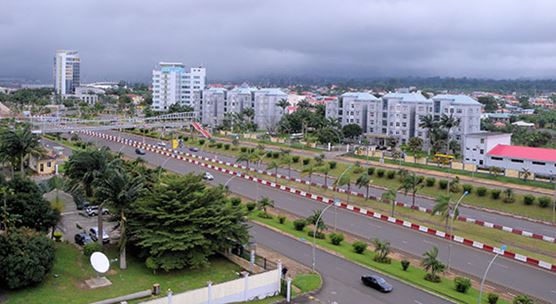
The International Monetary Fund (IMF) has concluded its 2025 Article IV consultation with Equatorial Guinea, endorsing the country’s recent economic progress and approving the extension of its Staff-Monitored Programme (SMP) for an additional 12 months.
In a statement released on July 25, 2025, the IMF highlighted key advances in Equatorial Guinea’s macroeconomic and fiscal policies. Despite ongoing challenges, the country recorded a modest economic recovery in 2024, with overall growth of 0.9%.
Growth outside the hydrocarbon sector remained subdued at 1.3%, reflecting structural hurdles and declining oil production expected to weigh on medium-term prospects.
The government implemented notable structural reforms under its Social Action Plan (PMS), including the introduction of a new tax law, initiation of arrears clearance under a revised strategy, and reforms targeting customs administration efficiency.
Progress was also made in anti-money laundering efforts, publication of extractive sector contracts, and a comprehensive audit of public spending following the Bata explosions.
IMF officials commended the government for improving fiscal balance, with public debt reduced from 39.1% to 36.4% of GDP and a strengthened non-oil fiscal position.
However, the Fund underscored unresolved issues, such as the longstanding refusal to disclose asset declarations by senior public officials, a key transparency commitment.
Executive directors stressed the urgency of enhancing governance, increasing transparency, improving public financial management, and adopting a social protection law. They also applauded Equatorial Guinea’s commitment to prudent borrowing, fostering financial inclusion, and cleaning up the banking sector.
The continuation of the SMP offers a platform for Equatorial Guinea to consolidate its reform agenda, maintain macroeconomic stability, and pursue more sustainable and inclusive economic growth.
This positive endorsement comes amid an economic landscape shaped by both cautious optimism and the need for continued vigilance as the country adapts to shifting global energy dynamics and domestic reform imperatives.



